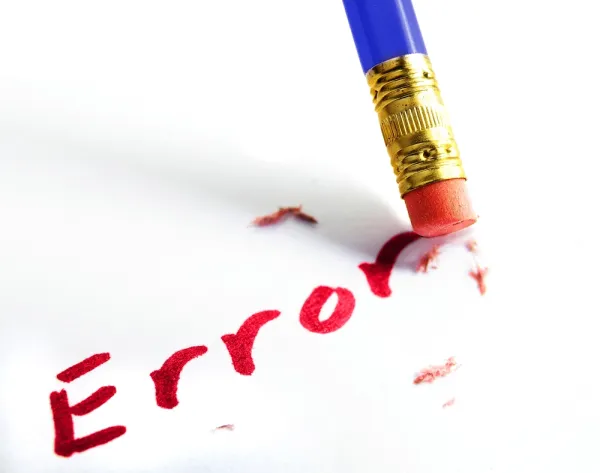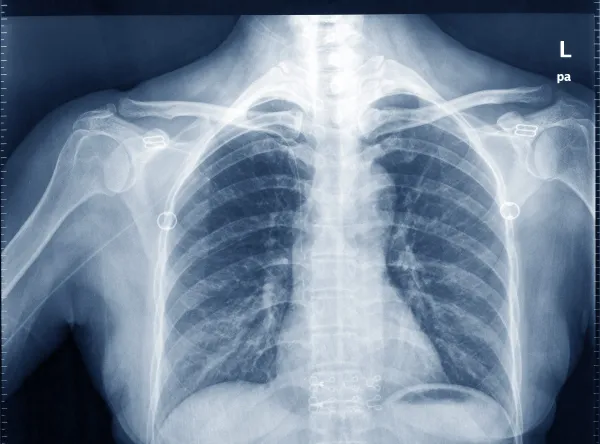Pulmonology Coding Alert
Reader Question:
Look to 95803 for Actigraphy Tests
Published on Fri Dec 20, 2019

You’ve reached your limit of free articles. Already a subscriber? Log in.
Not a subscriber? Subscribe today to continue reading this article. Plus, you’ll get:
- Simple explanations of current healthcare regulations and payer programs
- Real-world reporting scenarios solved by our expert coders
- Industry news, such as MAC and RAC activities, the OIG Work Plan, and CERT reports
- Instant access to every article ever published in Revenue Cycle Insider
- 6 annual AAPC-approved CEUs
- The latest updates for CPT®, ICD-10-CM, HCPCS Level II, NCCI edits, modifiers, compliance, technology, practice management, and more
Related Articles
Other Articles in this issue of
Pulmonology Coding Alert
- Test Yourself:
Can You Code This Respiratory Distress Encounter?
Read the medical note and determine which codes you would report. Sometimes it can be [...] - Virtual Care:
Check These Best Practices for Billing Telehealth Services
Hint: Not every patient will be eligible for these services. Most pulmonology practices have heard [...] - You Be the Coder:
Are E/M Changes on the Horizon?
Question: We have heard conflicting reports about whether big changes are coming to E/M payment [...] - Reader Question:
Is This Patient New?
Question: We know a new patient is one that our pulmonologist hasn’t seen in the [...] - Reader Question:
Time Can Be Used to Determine Inpatient E/M Level
Question: Our physician saw a COPD patient in the hospital at the request of the hospitalist. [...] - Reader Question:
Look to 95803 for Actigraphy Tests
Question: Our pulmonologist used actigraphy to evaluate an asthma patient for sleep difficulties. Which code should [...] - Reader Question:
Here's What to Collect for Stored Credit Cards
Question: We recently had a consultant come in to evaluate our accounts receivables and collections. She [...]
View All




